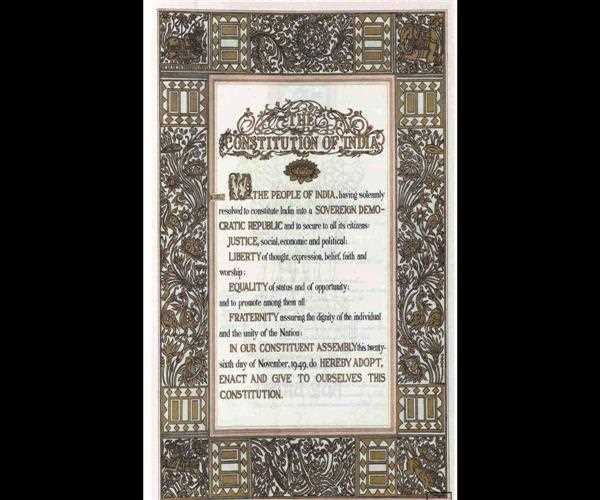Do you know that the constitution which we have today has its roots in British rule!
In 1765 after the Battle of Buxar, East India Company as a trading body received Diwani rights of Bengal, Bihar and Orissa. After which the company decided to strengthen its power and control over many territorial areas. Eventually, after the revolt of 1857 which means in 1858, the British government took control over the governance of India.
Meanwhile, Indians continued to struggle for Independence which became an obligation for the British crown to transfer the ownership of India in the hands of Indians. When people of India realised that independent India requires fundamental directives to govern the country then the need for the formation of constituent assembly arose.

In 1934, M.N. Roy put the demanded the formation of the constituent assembly. But let's first discuss those events and developments which took place before the formation of the constituent assembly which served as a guideline for the formation of the Indian Constitution. Also, there were many reformatory Acts brought by the Britishers which served as the foundation for today's institutions.
Given a list of acts formed as a basis for the development of the Constitution.
Regulating Act, 1773
Pitt's Act, 1784
Charter Act of 1813
Charter Act of 1833
Charter Act of 1853
Government of India Act, 1858
Indian Independence Act, 1947
Government of India Act, 1935
Government of India Act, 1919
Indian Council Act, 1909
Indian Council Act, 1892
Indian Council Act, 1861
The first action brought by the British Government to control and regulate the affairs of East India Company in India was, 'Regulating Act, 1773.'
Through this act, the only declaration was made that the British Parliament owns the right to form laws regarding the administration of Indian territories under the control of the East India Company.
Also, read : How many articles are there in the Constitution?